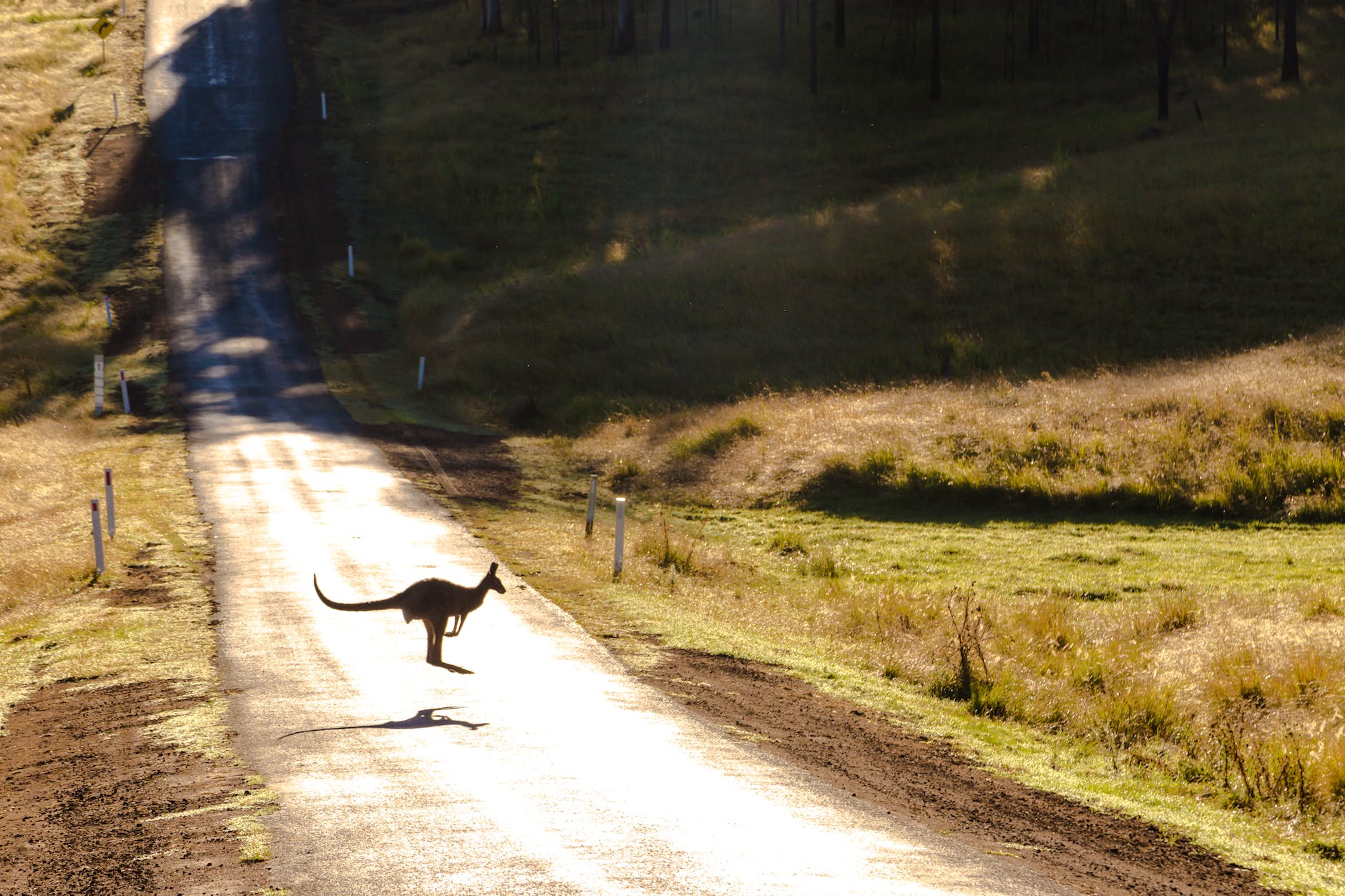
This is the latest in a series of posts about my travels as a death doula. While in Sydney, Australia, I got to know their laws around assisted dying. Down under, all six states have made Voluntary Assisted Dying (VAD) legal. Victoria, Western Australia, and Tasmania have already begun implementing these laws while Queensland, South Australia, and New South Wales will begin implementation throughout 2023.
We can learn a lot from their example. Many of us doing death work in America will be watching with interest to see how these new laws intersect with palliative care and medical decision-making.
What is VAD?
VAD in Australia specifically refers to the assistance provided by a health practitioner for someone who is ending their life. It includes:
Self-Administration
This is when a person takes life-ending medication themselves. In certain parts of America, such as Oregon and California, this is legal. Americans call it Medical Aid in Dying.
Practitioner Administration
This is when a doctor gives the dying person medication that will hasten death. In some Australian states, a nurse practitioner or registered nurse can serve in this role. Other countries might call this voluntary euthanasia or physician-assisted suicide.
No matter who administers the medicine in Australia, the ‘voluntary’ in VAD is important. It indicates that the dying person, competent and with the capacity to make such a choice, decided this themselves.
These laws didn’t happen overnight. Years of inquiry and parliamentary debate over the term ‘voluntary assisted dying‘ ensued before lawmakers in Australia enacted laws allowing a terminally ill person to seek medical assistance to die.
Arguments for Assisted Dying in Australia
The argument for assisted death goes on around the world. Those who fight for this right generally focus on three major ideas.
1. It Ends Suffering
Otherwise known as ‘the compassion argument’, supporters believe that we must allow people to ‘die with dignity.’ Most countries recognize this and that’s why voluntarily stopping all eating and drinking (VSED) is legal. And even though VSED can be a comfortable, painless death, in the end, it sometimes involves a certain amount of discomfort in the beginning. VSED can also take weeks to happen.
2. We Have the Right to Die
This is known as ‘the autonomy argument’. If someone is of sound mind and memory, supporters believe they have the right to determine when enough is enough.
Just because physicians can prolong life, should they? When someone is suffering and their quality of life is severely diminished, should we force them to live despite their desire to die? VAD supporters would say no.
3. VAD Should Be Regulated
A public policy argument states that VAD must be safely regulated by legislation. For example, doctors shouldn’t be forced to participate. Other safeguards can be put into place so that this law helps rather than harms people.

Other Important Considerations
Similar to many other countries around the globe, suicide and attempted suicide were originally crimes in Australia. They are now legal.
However, while it’s not a criminal offense for a person to end their life by suicide, it is illegal to assist or encourage suicide. This includes any aiding, procuring, abetting, counseling, or otherwise inciting someone to take their own life in any and all Australian States and Territories. This is so even where the person requested such assistance.
People who assist in the intentional killing of another person, whether at their request or not, are considered murderers. They will be charged accordingly and stand trial. An alternative charge of manslaughter is possible if an unlawful killing occurs, but prosecutors can’t prove an intention to kill.
VAD is an exception in places where it’s already legal, such as Victoria and Western Australia. In those states, authorized health practitioners who provide VAD in accordance with the law will find protection. So will others such as family and caregivers who assist or facilitate a request for VAD.
This doesn’t affect a person’s right to VSED. Any person with agency or capacity can lawfully refuse food and drink. This includes artificial nutrition and hydration (for example, given through a tube into the person’s stomach).
When a person dies this way, it’s not labeled suicide. Rather, the person hastened death by exercising their lawful right to refuse food or drink.
Assisted Dying in Australia
The case for VAD is powerful and speaks to our capacity as human beings for compassion. Many of us in this work feel a strong obligation to support individual choice and self-determination. The case against VAD speaks to some as a fundamental reverence for life. Australian lawmakers felt compelled to choose the most important values and cast their votes for legalized assisted dying.
Meanwhile, the rest of the world watches to see what will happen.
If you have questions about American medical aid in dying, don’t hesitate to reach out to me for a consultation. I’m happy to answer questions and provide support where I can.


One thought on “Traveling Death Doula Series: Australia”